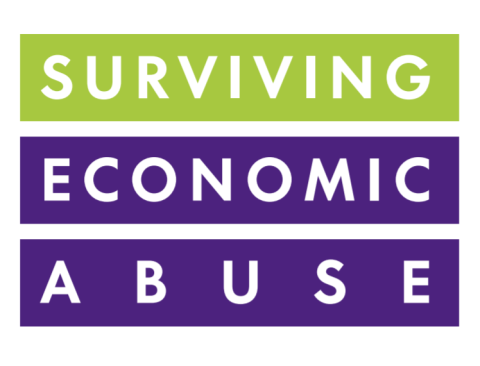Every 20 minutes an economic abuse victim-survivor reports to the police
Surviving Economic Abuse’s new report Seen yet sidelined, funded by Barclays UK, reveals that economic abuse is no longer ‘hidden’ in plain sight. Up and down the country victim-survivors are sharing their experiences of economic control with police officers and in courts.
The controlling or coercive behaviour offence has provided a legal framework within which to hold perpetrators of economic abuse accountable. However, Surviving Economic Abuse’s new report, Seen yet sidelined, reveals that despite these changes to the law, victim-survivors are still not getting the criminal or economic justice they deserve, making it impossible to move on with their lives.
“The physical abuse was more important to the police. We found bags and bags of paperwork, and they said we’ll deal with that another time, so it was very much on the sidelines. They wanted to focus on the rape charges, the harassment, stalking, so they weren’t using it to build the case. But the financial control had been there from day one”
Key findings
By analysing 810 successfully prosecuted offences of controlling or coercive behaviour, Seen yet sidelined found that nearly two-thirds (64%) of cases reported in the press reference economic abuse.
Despite this high prevalence and economic abuse now being recognised in law, we found that the criminal justice system is not using its powers to fully hold perpetrators of economic abuse to account or support victim-survivors to achieve justice.
The report discovered that bringing multiple charges to court, rather than evidencing all the abuse within a single charge of coercive control, resulted in plea-bargaining, more lenient sentences being handed down and victim-survivors feeling like criminal and economic justice has not been served. We also found that:
-
Controlling or coercive behaviour was prosecuted as a standalone offence in only a third of cases, with physical assault making up over half (53%) of additional charges.
-
The average prison sentence for controlling or coercive behaviour offences featuring economic abuse is less than two years – less than half the maximum possible sentence.
-
Despite the loss and damage described within the known economic abuse cases, just 2% resulted in the perpetrator being ordered to pay compensation to the survivor.
Recommendations
The findings from the report reveal how economic abuse touches every aspect of a victim-survivor’s life and necessitates a coordinated community response to make sure survivors are better supported and perpetrators are held to account.
Awareness-raising activity needs to be undertaken so that behaviours which seek to interfere with someone’s ability to acquire, use and maintain economic resources are understood as abusive and responded to effectively. Employers can play a key role in helping to spot the signs of economic abuse and provide life-changing support to victim-survivors to increase space for action, ultimately helping to transform the societal response to economic abuse.
Read the full report on Surviving Economic Abuse’s website here, and come along to the Insight Hour on 31 October to hear from two of the authors of the report, Surviving Economic Abuse’s founding CEO Nicola Sharp-Jeffs and Research Officer Kathryn Royal.

